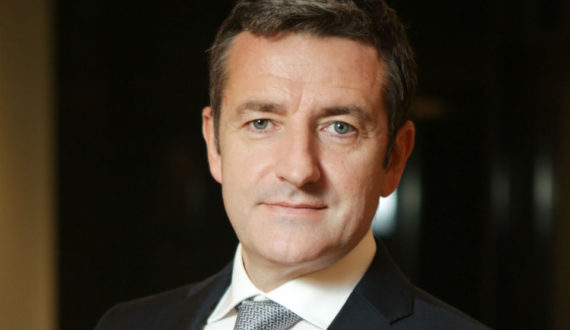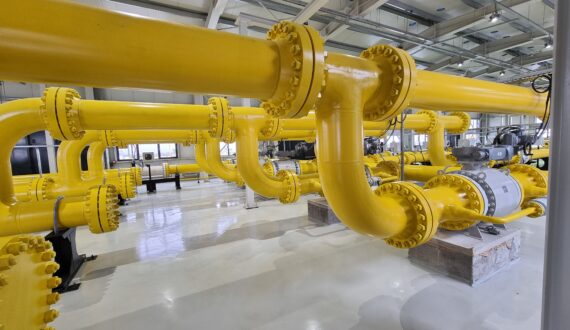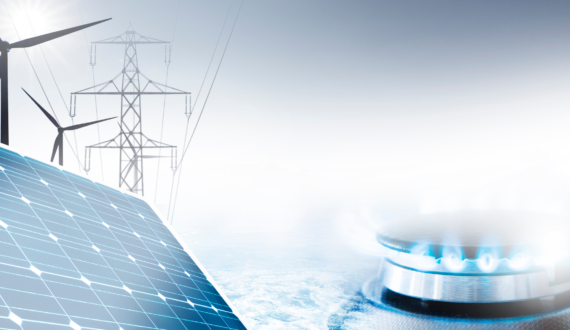Article written by Corneliu Bodea, CEO Adrem for Republica
I’m not going to criticize the way financiers usually check the return on an investment using discounted cash flows , calculating the net present value and other indicators, but I can’t help but notice the impact that such methods have on the feasibility of projects of particular importance for our future.
I will first refer to some data to set a framework for this view. About 80% of global energy consumption at the moment is provided by fossil fuels (oil, coal and natural gas), large generators of greenhouse gases (mostly CO2) that lead to global warming with disastrous effects over time, cataloged as the greatest risk to the extinction of the human species. World leaders, based on the opinions of scientists, have set a target to limit the rise in global temperature to a maximum of + 2oC. An extremely difficult target given that, in order to achieve it, the available CO2 emissions budget is 600 billion tonnes and the 2020 emissions were around 35 billion tonnes, which means that in about 17 years is consumed. By introducing into the equation the effect of new energy efficiency technologies, renewable energy, we still fail to extend this time by more than about 10 years due to the estimated increase in energy consumption during this period. All this means that before 2050, the temperature will rise by more than 2 degrees Celsius.
What will this mean for our descendants? Some of us will still be here to see, others will not! We leave them a heavy legacy, for which they will not be grateful. What is frustrating is that all this time we are proposing projects and calculating feasibilities by discounting the children’s future.
We are in the midst of a pandemic that we have dealt with approximately and during which we have shown a lack of organization and a lack of empathy and help, as long as poor countries do not have access to the vaccine, while others countries have vaccinated over 50% of the population.
We are working intensively on the National Recovery and Resilience Plan and are following the internal and European debate closely. Some would like to fulfill their election promises, possibly with palpable effects until the new elections, others would like to set up a new MCV through funding, a mechanism to ensure that we make make-up reforms to show how much more like them. Neither has the culture necessary to understand that a pandemic of this magnitude is unlikely in the next 50 years, that the impact of any pandemic on humans is far less than the impact that rising temperatures by more than 2oC will have economically, social, health in the next 50 years.
The cycle of political and economic interest remains 4-8 years and it seems that anything beyond this perspective gives headaches to the great strategists. It is clear to me that what haunts us most dangerously is not the pandemic, but our inability to progress in a system of socio-political-economic organization, an organization that broadens the perspective. What defines a leader is the ability to create and sustain visions that go beyond his life perspective and period of material interest. Such visions have brought us this far and that is what we lack today.
The struggle for the resources of the moment still separates us into large blocks of interests and the hiding behind principles and models masks our petty interests of the present. A solution, hopefully, can be found hidden inside the Z and Alpha generations full of allergies and dominated by procrastination or in the depths of a particle accelerator. Our optimism is based on the hundreds of thousands of years of existence, on the hundreds of billions of ancestors who lived before us, and our capacity is based on the phenomenal progress we have made in recent decades.
Read the entire article at www.republica.ro







